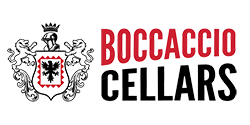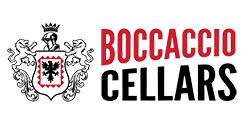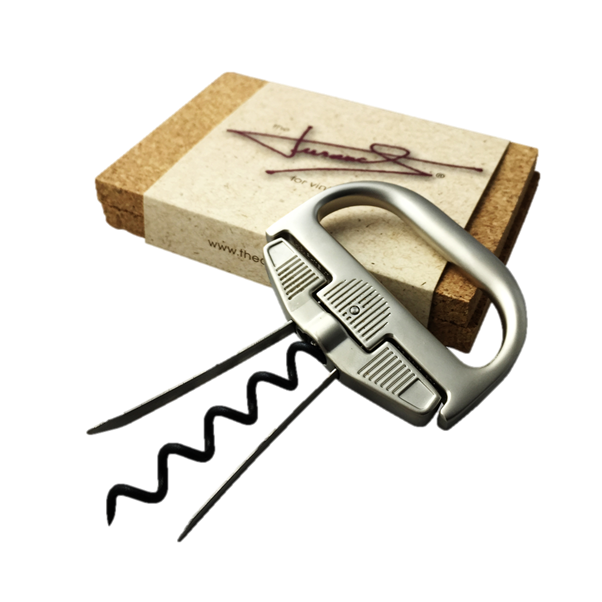'Biodynamic. Named after the type of grass growing in the vineyard, this densely planted Chardonnay site sits on a southeast-facing, clay-limestone slope, which has been farmed biodynamically from the beginning. Although recently expanded by one hectare, the original plantings cover only a quarter of a hectare. Like its three sibling
Biodynamic. This 0.4-hectare site, like the wine that results, takes its name from the vineyard’s abundance of dandelions (dent-de-lion, or ‘lion’s tooth’ in French). These flowers predominate, apparently, because of the higher clay content in this parcel. It is a steeply inclined, east-facing site on soils that Weersing described as having a “…nut and crumb structure and great mineral fertility”. It’s the classic limestone and clay of the area, but here the higher balance of clay makes it the more vigorous of the two Chardonnay sites.
The winemaking is the same as the Field of Fire, yet the differences in the signature of place are apparent. Indeed, the compelling 2020 Lion’s Tooth shows how a slight change in aspect and soil can impact the finished wine in these edgy, cool-climate vineyards. This too, shows the racy acidity of this vintage, be it a touch softer due to the completion of malolactic fermentation.
Coming from a more exposed block, the aromas feel slightly sunnier than its compatriot, with nectarine and buttercup sitting among the mandarin, ripe lemon and fresh cashew nut. The palate is laser focussed, with savoury and salty undertones and layers of complex flavours—grilled stone fruit, lemons, flowering thyme, oatmeal—beautifully restrained by the wine’s bustling freshness and chalk-hewn energy. It’s a stunning wine that will also repay some time in the cellar.' - Pyramid Valley
Boccaccio Cellars offers real time shipping rates at checkout. These are heavily subsidised rates directly from Australia Post and will vary depending on your postcode.
Unfortunately, due to the ever increasing costs of postage we are unable to offer free shipping any longer. Postal increases have seen the average box of wine range from $30-$60, which can represent up to 500% of the cost of the average bottle of wine.
Your postal costs are calculated on the following factors:
- Where in Australia you are shipping to (Where rural postcodes obviously attract a higher charge)
- What in Australia you are shipping (Beer and water for example, are calculated in real time without any additional subsidy. This is because the margins for these products are minimal). Dry goods attract a discounted flat fee of $12 per carton (Calculated by gross weight).
Pickups on all items are encouraged.





